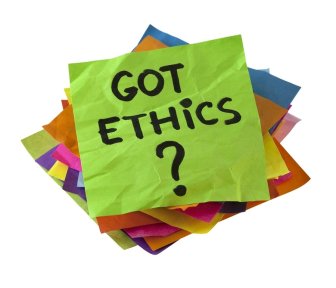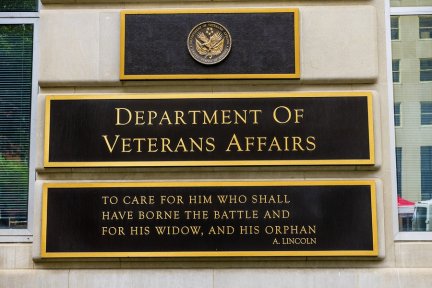Informed Consent Answer and Rationale
Yesterday we continued our discussion on the recent revisions made to the NASW Code of Ethics, focusing this week on the topic of informed consent. This was the second of a four part blog series reviewing these changes. Did you get yesterday's practice question correct? Read the answer and rationale below to find out!







